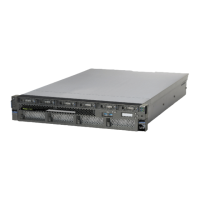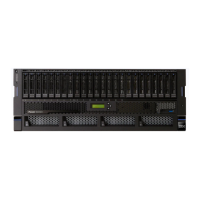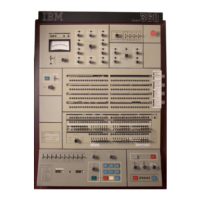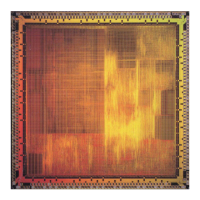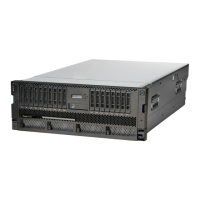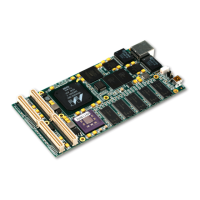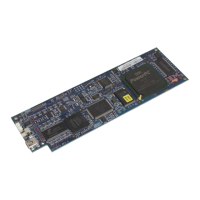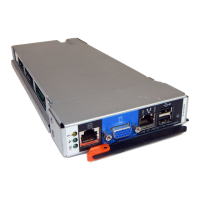Part 2. Using REXX
In addition to being a versatile general-purpose programming language, REXX can
interact with TSO/E, MVS, APPC/MVS, and ISPF, which expands its capabilities.
This part of the book is for programmers already familiar with the REXX language
and experienced in TSO/E. The chapters in this part cover the following topics.
v “Chapter 8. Entering Commands from an Exec” on page 97 — A REXX exec can
issue different types of host commands within the same exec.
v “Chapter 9. Diagnosing Problems Within an Exec” on page 111 — Several
debugging options are available in an exec.
v “Chapter 10. Using TSO/E External Functions” on page 119 — TSO/E external
functions are provided to interact with the system to do specific tasks.
v “Chapter 11. Storing Information in the Data Stack” on page 135 — The data
stack is useful in I/O and other types of special processing.
v “Chapter 12. Processing Data and Input/Output Processing” on page 153 — You
can process information to and from data sets by using the EXECIO command.
v “Chapter 13. Using REXX in TSO/E and Other MVS Address Spaces” on
page 171 — You can run execs in other MVS address spaces besides TSO/E
foreground and background.
Note: Although you can write a REXX exec to run in a non-TSO/E address space
in MVS, the chapters and examples in this part, unless otherwise stated,
assume the exec will run in a TSO/E address space. If you want to write
execs that run outside of a TSO/E address space, keep in mind the following
exceptions to information in this part of the book.
v An exec that runs outside of a TSO/E address space cannot include TSO/E
commands, ISPF commands, or ISPF/PDF edit commands. An exec that runs
outside of a TSO/E address space can include TSO/E commands if you use the
TSO/E environment service (see note).
v An exec that runs outside of TSO/E cannot include most of the TSO/E external
functions. For information about the functions you can use in TSO/E and
non-TSO/E address spaces, see “Services Available to REXX Execs” on
page 171.
v In TSO/E, several REXX instructions either display information on the terminal or
retrieve information that the user enters at the terminal. In a non-TSO/E address
space, these instructions get information from the input stream and write
information to the output stream.
– SAY — this instruction sends information to the output DD whose default is
SYSTSPRT.
– PULL — this instruction gets information from the input DD whose default is
SYSTSIN.
– TRACE — this instruction sends information to the output DD whose default is
SYSTSPRT.
– PARSE EXTERNAL — this instruction gets information from the input DD
whose default is SYSTSIN.
v An exec that runs outside of TSO/E cannot interact with CLISTs.
Note: You can use the TSO/E environment service, IKJTSOEV, to create a TSO/E
environment in a non-TSO/E address space. If you run a REXX exec in the
TSO/E environment you created, the exec can contain TSO/E commands,
external functions, and services that an exec running in a TSO/E address
space can use. That is, the TSO host command environment (ADDRESS
© Copyright IBM Corp. 1988, 2001 95

